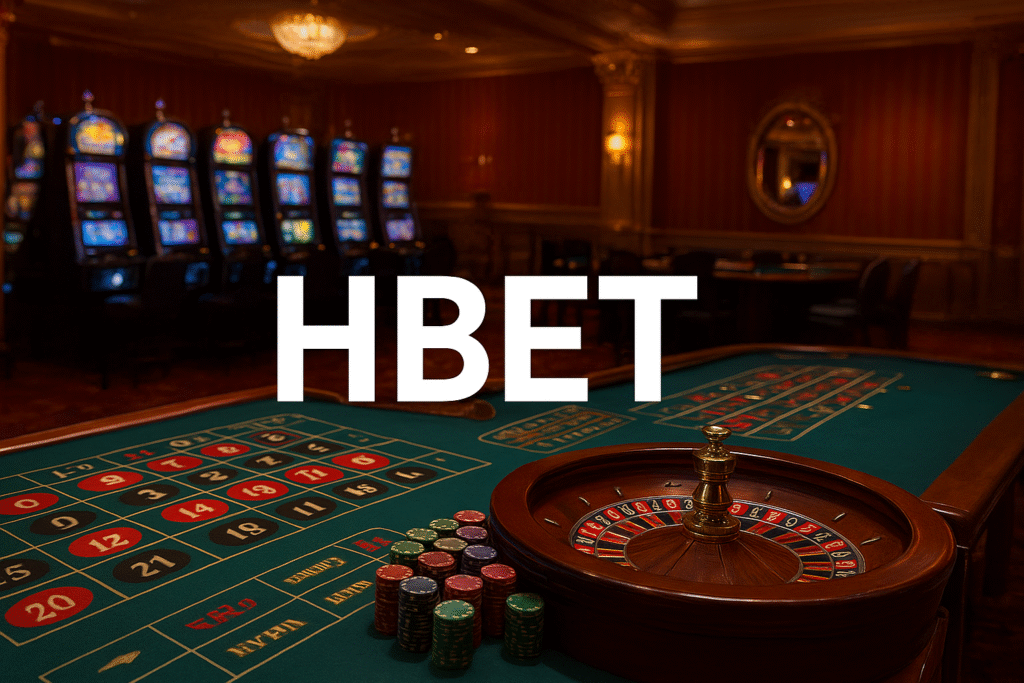
Casinos have long fascinated both casual visitors and serious gamblers. While many people see them purely as centers of entertainment, they are also complex environments where psychology plays a crucial role. Every light, sound, and game layout is carefully designed to influence player behavior, creating an atmosphere that keeps individuals engaged for longer periods. Understanding the psychology behind casino games can give players an edge, or at the very least, help them make more informed decisions.
The Role of Atmosphere in Gambling
Walking into a casino, one is immediately struck by the dazzling lights, rhythmic sounds of slot machines, and the palpable energy in the air. This atmosphere is not accidental. Casinos are strategically designed to create excitement and stimulate the senses. Bright colors and flashing lights generate a sense of urgency and thrill, while the lack of windows and clocks subtly encourages people to lose track of time. This psychological manipulation ensures that players remain immersed in the experience, often spending more time and money than initially planned.
The Illusion of Control
One of the most fascinating aspects of gambling psychology is the illusion of control. Players often believe they can influence outcomes through rituals or strategies, even in games of pure chance. For example, someone rolling dice at a craps table might throw them softly for a “lucky roll” or press slot machine buttons in a certain rhythm. While these actions have no real effect on outcomes, they provide a psychological sense of empowerment, keeping players engaged and optimistic.
Variable Rewards and Addiction
Slot machines are a prime example of how variable rewards impact player psychology. Unlike a predictable system, slot machines pay out on a random basis, much like social media notifications. This unpredictability triggers the brain’s dopamine system, making the experience more addictive. Players become motivated not by guaranteed wins, but by the possibility of winning, which is often more psychologically stimulating.
Risk and Reward Dynamics
At its core, gambling is a balance of risk and reward. Some individuals are naturally more risk-averse, preferring games like blackjack where skill and strategy can reduce the house edge. Others thrive on the thrill of uncertainty, flocking to games like roulette or slots. Understanding one’s own tolerance for risk can help players choose games that align better with their personalities and budgets.
The Social Dimension of Casinos
Casinos are not just about solitary play—they are also social spaces. Table games like poker and blackjack encourage interactions, allowing players to read each other’s behaviors and strategies. This social element can increase enjoyment and heighten emotional stakes. On the other hand, slot machines provide a more solitary form of entertainment, attracting individuals who prefer personal control and privacy.
Responsible Gambling and Awareness
While the psychology behind casino design can be fascinating, it also underscores the importance of responsible gambling. Recognizing the triggers and strategies employed by casinos can help players set limits and approach gambling as a form of entertainment rather than a guaranteed path to profit. By setting time and money limits, individuals can avoid the negative consequences associated with excessive play.
The Rise of Digital Platforms
In recent years, online platforms have transformed the gambling landscape. Players no longer need to step into a physical casino to experience the thrill of gaming. Online platforms offer convenience, a wide variety of games, and often, more control over one’s environment. This digital evolution has opened the world of gambling to a global audience, with platforms like HBET offering players a modern, accessible way to enjoy their favorite games responsibly.
Conclusion
Casinos are more than just places to gamble—they are carefully crafted environments that use psychology to captivate players. By understanding the mechanisms at play, individuals can make more informed choices and enjoy the experience without falling into unhealthy patterns. Whether in a physical casino or online, the key lies in awareness and balance.